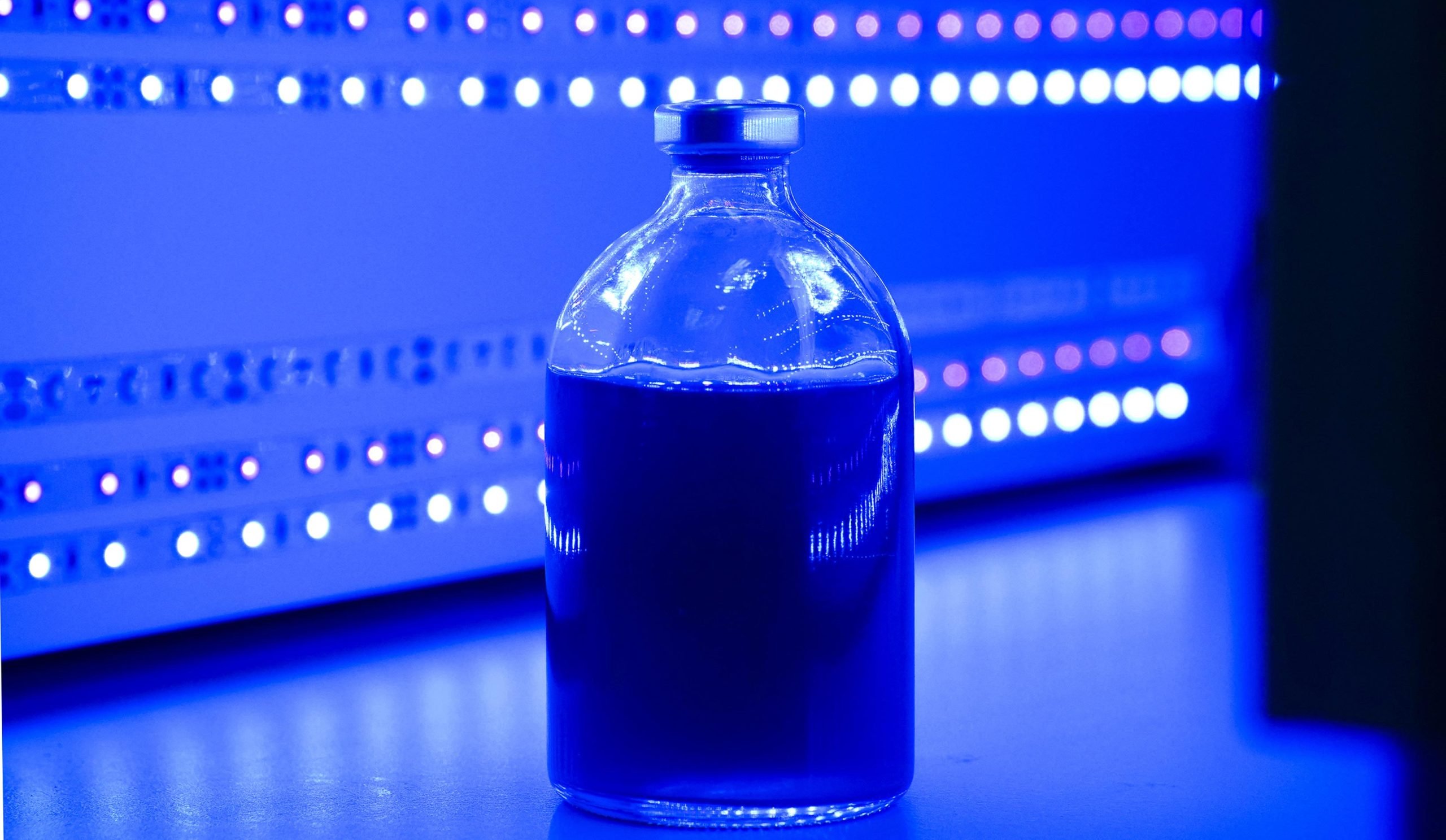Nitrogenases, crucial for life, can also reduce CO2 to valuable chemicals. New research reveals that Fe-nitrogenase is more effective at this process, presenting opportunities for sustainable biotechnologies.
Nitrogenases are among the most geochemically important enzymes on Earth, providing all forms of life with bioavailable nitrogen in the form of ammonia (NH3). Some nitrogenases can also directly convert CO2 into hydrocarbon chains, making them an exciting target for the development of biotechnological processes. A team of researchers in Marburg, Germany, led by Max Planck scientist Johannes Rebelein, has now provided a comprehensive insight into the substrate specificity and preferences of nitrogenase. Their results challenge the current understanding of nitrogenases and highlight their potential for sustainable bioproduction.
Nitrogen is one of the main building blocks of our cells. However, most of the nitrogen on Earth occurs as gaseous N2 and is chemically unusable by cells. Only a single family of enzymes is able to convert N2 into the bioavailable form of ammonia (NH3): nitrogenases.
Discovering the Versatility of Nitrogenases
Researchers led by Johannes Rebelein from the Max Planck Institute for Terrestrial Microbiology in Marburg have recently discovered that some nitrogenases can also deal with another important substrate: They reduce the greenhouse gas CO2 to hydrocarbons (methane, ethylene, ethane) and formic

















.png)


Discussion about this post